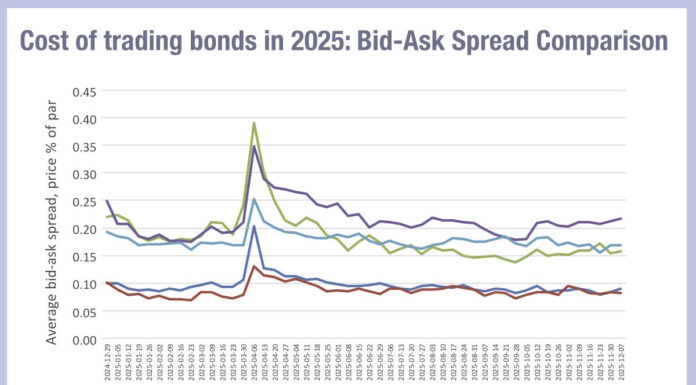
The UK has halted compliance with the settlement regime of the European Central Securities Depository (CSDR) rules, which traders had fought hard against, due to its punitive policy for failed trades.
Rishi Sunak, the United Kingdom’s Chancellor of the Exchequer, has set out the first steps the UK will take that will differ from European regulation, new regulatory framework. In a statement he said, “Leaving the EU means the UK has taken back control of the rules governing our world-leading financial services sector.”
While there are regulatory reforms currently in progress any EU legislation that does not come into force before the end of the Transition Period in December 2020, is not obligatory for the UK to comply with. Her Majesty’s (HM) Treasury has considered how to take forward this legislation in the way that is to the benefit of the UK sector, while maintaining high regulatory standards.
As a result the UK will not be implementing the EU’s new settlement discipline regime, set out in the Central Securities Depositories Regulation (CSDR), which is due to apply in February 2021. These rules required firms to pay affine for failed trades and mandated an obligatory ‘buy-in’ which market makers said could prevent them from trading in assets that were hard to acquire. This was noted as being particularly difficult for fixed income markets.
“Any future legislative changes will be developed through dialogue with the financial services industry, and sufficient time will be provided to prepare for the implementation of any new future regime,” he said.
Additionally, the UK will not be taking action to incorporate into UK law the reporting obligation of the EU’s Securities Financing Transactions Regulation for non-financial counterparties (NFCs), which is due to apply in the EU from January 2021.
“Given that systemically important NFC trading activity will be captured sufficiently through the other reporting obligations that are due to apply to financial counterparties, it is appropriate for the UK not to impose this further obligation on UK firms,” said Sunak.
HM Treasury will set out further detail on upcoming legislation in due course, which will include:
• Amendments to the Benchmarks Regulation to ensure continued market access to third country benchmarks until end-2025. HM Treasury will publish a policy statement in July 2020;
• Amendments to the Market Abuse Regulation to confirm and clarify that both issuers and those acting on their behalf must maintain their own insider lists and to change the timeline issuers have to comply with when disclosing certain transaction undertaken by their senior managers (‘Persons Discharging Managerial Responsibilities’);
• Legislation to improve the functioning of the PRIIPs regime in the UK and address potential risks of consumer harm in response to industry and regulator feedback. HMT will publish a policy statement July 2020; and
• Legislation to complete the implementation of the European Market Infrastructure Regulation (REFIT) to improve trade repository data and ensure that smaller firms are able to access clearing on fair and reasonable terms.
The Treasury has also published a ministerial statement relating to LIBOR transition. The statement sets out detail on the Government’s approach to legislative steps that could help deal with ‘tough legacy’ contracts that cannot transition from LIBOR before end-2021. In particular the Government will use the Financial Services Bill to introduce amendments to the Benchmarks Regulation 2016/1011 as amended by the Benchmarks (Amendment) (EU Exit) Regulations 2018 (the ‘UK BMR’), to ensure that FCA powers are sufficient to manage an orderly transition from LIBOR.
©Markets Media Europe 2025













